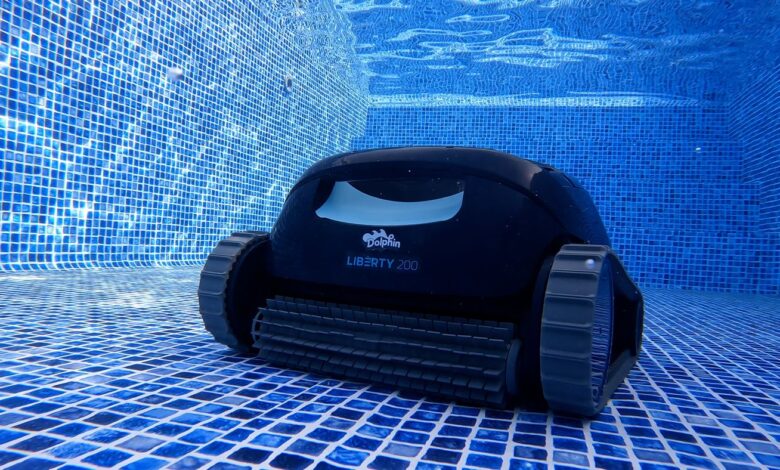Which is better a corded or cordless pool vacuum

Keeping your pool spotless is easier than ever, thanks to modern cleaning technology. But when it comes to choosing between a wireless pool cleaner and a corded automatic swimming pool vacuum, pool owners often wonder which one truly offers better performance. The answer depends on your cleaning needs, pool size, and how much freedom you want during operation.
Understanding the Difference Between Corded and Wireless Pool Cleaners
Corded pool vacuums are powered directly through an electrical connection, providing consistent energy and longer run times. They’re ideal for large pools that require heavy-duty cleaning sessions.
On the other hand, wireless pool cleaner operate on rechargeable batteries, offering complete freedom from cables and tangles. They’re lightweight, easy to handle, and perfect for everyday use in small to medium-sized pools.
While corded cleaners ensure unlimited operation time, wireless models win in convenience and maneuverability—key factors for most modern pool owners.
Performance and Cleaning Efficiency
Both types of cleaners deliver impressive results, but in slightly different ways. Corded automatic swimming pool vacuum usually have stronger suction power, which can be beneficial for pools with heavy debris or large leaf build-up.
However, wireless units have improved significantly in recent years. The latest wireless pool cleaner models feature advanced motors and intelligent navigation systems that rival, and sometimes surpass, their corded counterparts.
For example, the Beatbot AquaSense 2 Ultra offers smart mapping, powerful suction, and efficient battery management, ensuring thorough cleaning across all pool surfaces without the need for cords or external power sources.
Convenience and Ease of Use
When it comes to ease of use, wireless pool cleaners have a clear advantage. There are no cables to untangle, no connection issues, and no risk of tripping hazards. They’re designed for quick deployment—simply charge, drop in, and let the cleaner do its job.
Corded cleaners, while dependable, can sometimes be limited by cable length and risk tangling during operation. That said, they still remain a strong choice for very large or commercial pools where extended cleaning sessions are necessary.
Battery Life and Maintenance
One of the main factors in choosing a wireless pool cleaner is battery life. Most modern models can run between 60 to 120 minutes per charge, which is usually enough for most residential pools. Advances in lithium-ion battery technology have also made these cleaners more durable and energy-efficient.
Maintenance-wise, both types require occasional filter cleaning and brush checks, but cordless models are generally easier to store and handle.
Cost and Long-Term Value
Corded automatic swimming pool vacuums are often slightly cheaper upfront since they don’t rely on high-capacity batteries. However, wireless pool cleaners can offer better long-term value thanks to their portability, energy efficiency, and ease of maintenance.
Over time, the freedom of cordless operation tends to outweigh the small differences in price—especially for those who clean their pools frequently.
Conclusion
So, which is better: corded or cordless? The decision ultimately depends on your priorities. If you want maximum mobility, easy setup, and tangle-free cleaning, the wireless pool cleaner is the superior choice. But if you need unlimited cleaning time for a large pool, a corded automatic swimming pool vacuum might still be ideal.
For the perfect balance of power, efficiency, and convenience, models like the Beatbot AquaSense 2 Ultra showcase how far cordless technology has come. Modern wireless pool cleaners prove that you don’t need cables to achieve a sparkling, crystal-clear pool.



